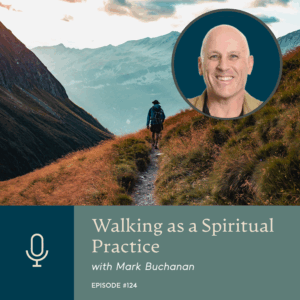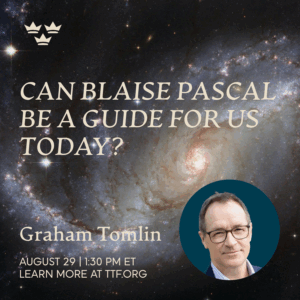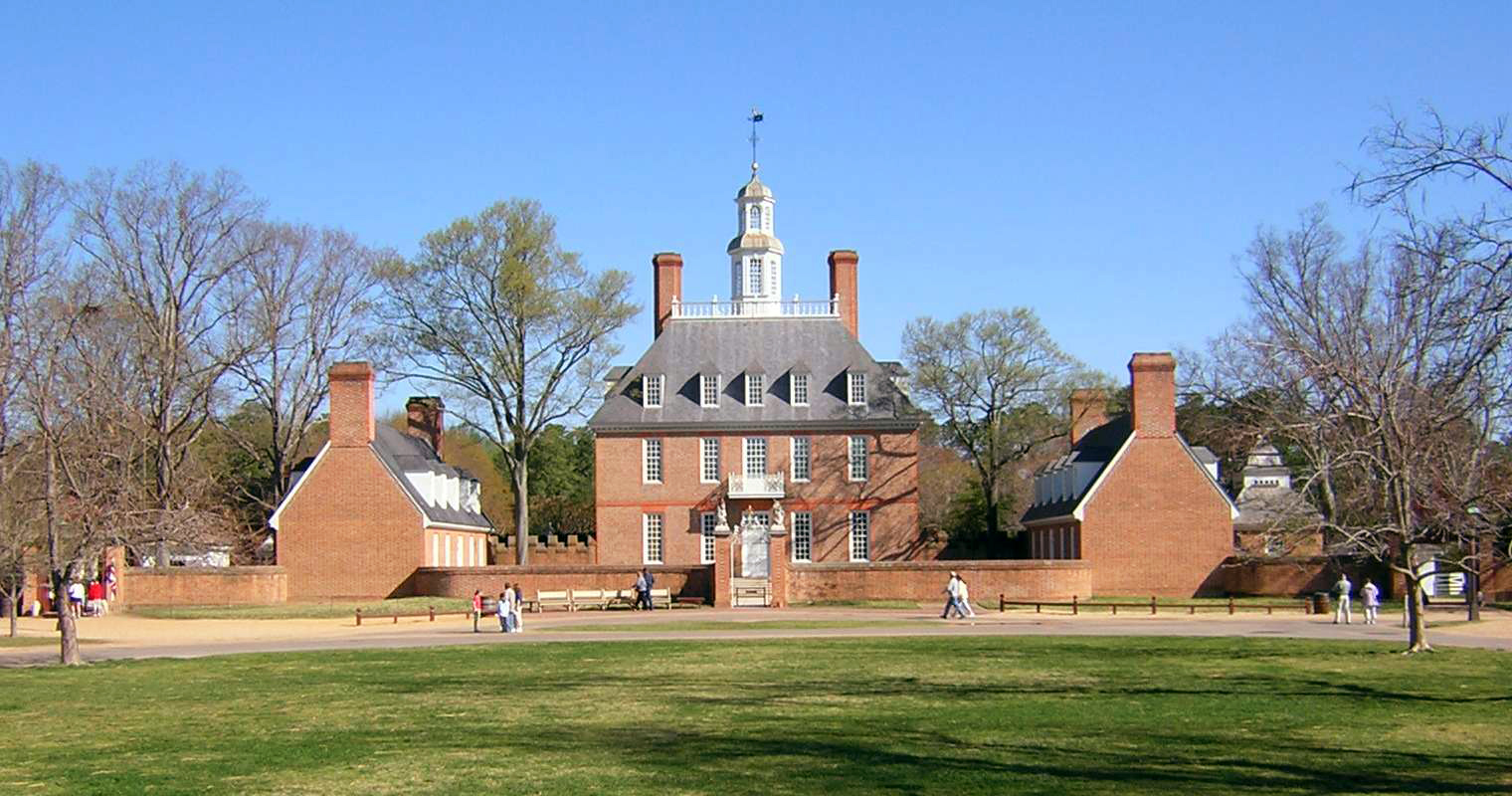Friday, August 31, 2018
Yesterday, a sobering report from “The Democracy Project,” released by the George W. Bush Institute, Freedom House, and Penn Biden Center raised questions and alarms about the state of American democracy.
It declared that “confidence in our governing institutions has been weakening over many years, and key pillars of our democracy, including the rule of law and freedom of the press, are under strain. These trends have raised questions about whether the public has begun to lose faith in basic democratic concepts and what can be done…”
Among other findings, the report noted that a majority of Americans believe democracy in America is weak, and nearly 70% think it is getting weaker. In addition, support for democracy and democratic institutions was significantly weaker among the young.
It brought to mind another report, published thirty years ago this week, that both anticipates and addresses the challenges posed by “The Democracy Project.” The founders of the Trinity Forum, Os Guinness and Alonzo McDonald released the Williamsburg Charter, a remarkable analysis and affirmation of the Religious Liberty clauses of the First Amendment of the Constitution, which was drafted for the 200th anniversary of the call for the Bill of Rights.
This brief Charter calls for a reaffirmation of the primacy of religious freedom to American democracy, arguing that “nothing is more characteristic of humankind than the natural and inescapable drive toward meaning and belonging,” and that freedom of conscience is “premised upon the inviolable dignity of the human person” thus forming the foundation of all other rights. It asserts that “as much if not more than any other single provision in the entire Constitution, the Religious Liberty provisions hold the key to American distinctiveness and American destiny.” It acknowledges the various threats to religious freedom, both perpetual and new, posed to it, and calls for a renewal of its “first principles” to current contexts.
It is a remarkable document — one that we believe you will find both instructive and compelling, particularly given our own uncertain and troubling times. Readers will finish this brief Charter with a deeper understanding of what religious liberty means, why it matters, and how it can be valued and protected. (A free download is available below).
The extraordinarily broad support the Williamsburg Charter generated at the time of its publication is also noteworthy. Signers of the Charter ranged from Presidents Jimmy Carter and Gerald Ford, to Supreme Court Chief Justices William Rehnquist and Warren Burger, Harvard University President Derek Bok and American Enterprise Institute President Chris Demuth, the President of the Southern Baptist Convention to the President of the Synagogue Council of America, along with Imams and Buddhist Bishops, from Chuck Colson of Prison Fellowship to Norman Lear of People for the American Way.
At a time when a growing number of Americans believe our democracy to be in peril, and many of our angriest public debates center on issues of religious liberty, this brief charter can help inform our understanding of how to understand and protect it.
The philosophical, religious, and ideological diversity of its signers just thirty years ago provides a powerful illustration of how vital such understanding is to all Americans — and how broad the consensus around its importance was just a few decades ago. And it nourishes the hope that perhaps we can again commit to the shared work of protecting, valuing, and transmitting the “first principle” of religious liberty that has made the US a refuge for the persecuted, a bulwark against oppression, and a reminder that the deepest of all freedoms lies in allowing each individual, stamped with the image of God, to freely worship his or her maker.
Recommended Readings & Resources
- “The Williamsburg Charter”
- “The Democracy Project Report,” George W. Bush Institute, Freedom House, and Penn Biden Center, June 26, 2018.
- Alexis de Tocqueville, “Democracy in America,” The Trinity Forum Reading, 2018 (Pre-order).
- Vaclav Havel, “Politics, Morality, and Civility,” The Trinity Forum Reading, 2017.
[/vc_column_text][/vc_column][vc_column width=”1/12″][/vc_column][/vc_row]


